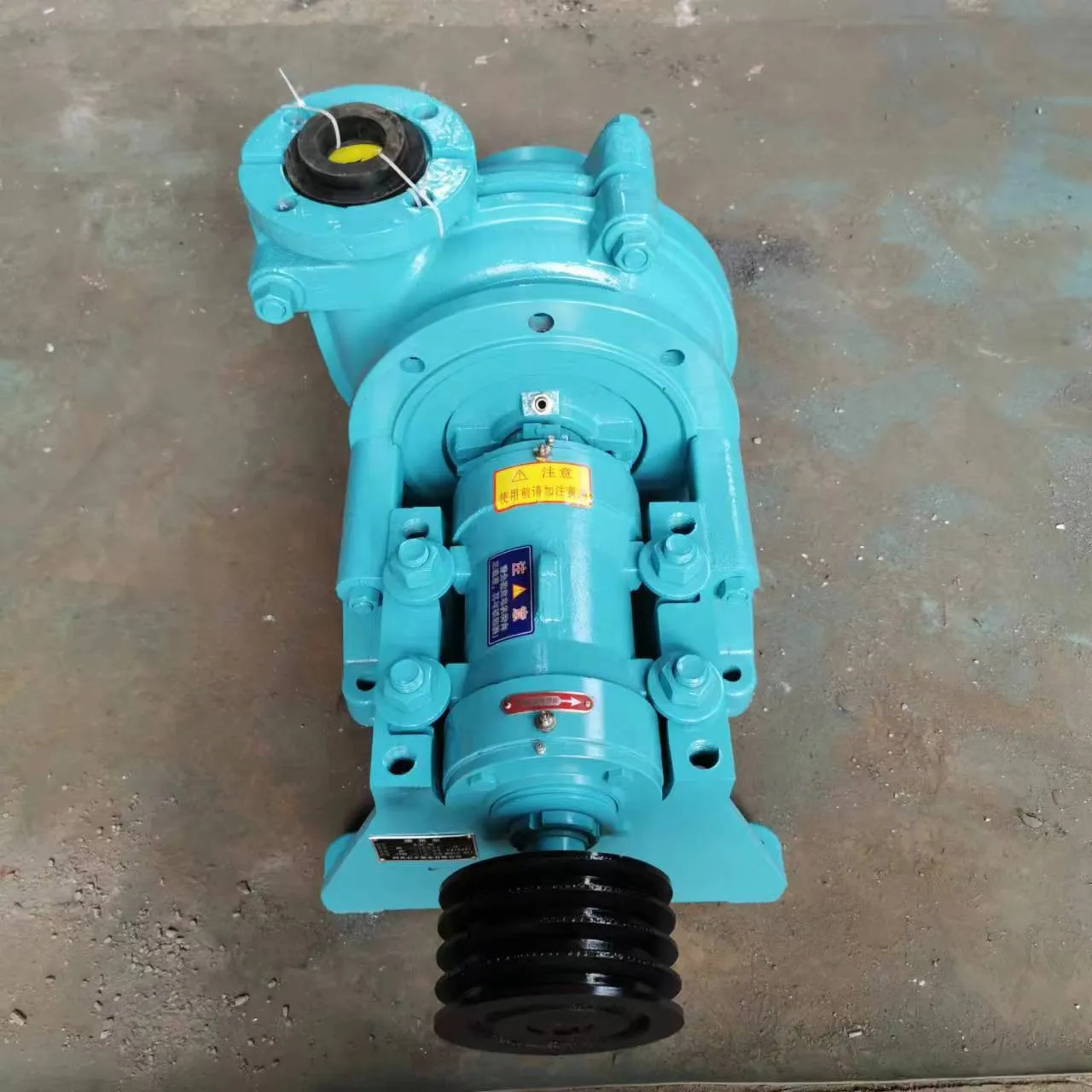English
- Afrikaans
- Albanian
- Amharic
- Arabic
- Armenian
- Azerbaijani
- Basque
- Belarusian
- Bengali
- Bosnian
- Bulgarian
- Catalan
- Cebuano
- Corsican
- Croatian
- Czech
- Danish
- Dutch
- English
- Esperanto
- Estonian
- Finnish
- French
- Frisian
- Galician
- Georgian
- German
- Greek
- Gujarati
- Haitian Creole
- hausa
- hawaiian
- Hebrew
- Hindi
- Miao
- Hungarian
- Icelandic
- igbo
- Indonesian
- irish
- Italian
- Japanese
- Javanese
- Kannada
- kazakh
- Khmer
- Rwandese
- Korean
- Kurdish
- Kyrgyz
- Lao
- Latin
- Latvian
- Lithuanian
- Luxembourgish
- Macedonian
- Malgashi
- Malay
- Malayalam
- Maltese
- Maori
- Marathi
- Mongolian
- Myanmar
- Nepali
- Norwegian
- Norwegian
- Occitan
- Pashto
- Persian
- Polish
- Portuguese
- Punjabi
- Romanian
- Russian
- Samoan
- Scottish Gaelic
- Serbian
- Sesotho
- Shona
- Sindhi
- Sinhala
- Slovak
- Slovenian
- Somali
- Spanish
- Sundanese
- Swahili
- Swedish
- Tagalog
- Tajik
- Tamil
- Tatar
- Telugu
- Thai
- Turkish
- Turkmen
- Ukrainian
- Urdu
- Uighur
- Uzbek
- Vietnamese
- Welsh
- Bantu
- Yiddish
- Yoruba
- Zulu
Telephone: +86 13120555503
Email: frank@cypump.com
Aug . 30, 2024 19:34 Back to list
septic tank pumps
Understanding Septic Tank Pumps Essential Components for Efficient Waste Management
Septic systems play a crucial role in managing wastewater in rural and suburban areas where traditional sewer systems are not available. One of the most vital components of a septic system is the septic tank pump. These pumps ensure that wastewater is effectively transported from the septic tank to the drain field or leach field, thereby preventing potential environmental contamination and maintaining the cleanliness of the surrounding area.
What is a Septic Tank Pump?
A septic tank pump is an electric or mechanical device designed to move liquid waste and effluent from the septic tank to the leach field. While not all septic systems require pumps, they are essential in situations where the terrain is uneven or when the water table is high. By facilitating the movement of effluent, septic tank pumps help prevent backflow and overflow, which can create significant environmental and health hazards.
Types of Septic Tank Pumps
There are primarily two types of septic tank pumps commonly used effluent pumps and sewage pumps
.1. Effluent Pumps These pumps are specifically designed to move liquid waste containing small solids. They are typically used in gravity-fed systems that require pumping to lift the effluent to a higher elevation, allowing it to flow into the leach field. Effluent pumps are equipped with filters that prevent larger solids from passing through, reducing the risk of clogging.
septic tank pumps

2. Sewage Pumps Unlike effluent pumps, sewage pumps can handle larger solids and are often used in systems where wastewater contains significant quantities of solid waste. They are more robust and can manage heavier lifting scenarios, making them ideal for situations where the septic tank is located below the drain field’s elevation.
Importance of Proper Maintenance
Regular maintenance of septic tank pumps is essential for the longevity and efficiency of the entire septic system. Homeowners should schedule routine inspections to ensure the pump is functioning correctly and to avoid costly repairs caused by pump failure. Signs that a pump may need maintenance include unusual noises, slow drainage, or visible sewage backups. Additionally, it is vital to ensure that the septic tank is emptied and inspected regularly, as a full tank can lead to pump strain and malfunctions.
Selecting the Right Pump
When choosing a septic tank pump, several factors should be considered, including the size of the septic tank, the elevation of the leach field, and the volume of wastewater generated by the household. Consulting a septic system professional can be invaluable in selecting the right pump and ensuring it’s appropriately installed for optimal performance.
Conclusion
In conclusion, septic tank pumps are integral to managing wastewater in septic systems, ensuring the safe and efficient disposal of effluent. Understanding the different types of pumps and their functions aids homeowners in making informed decisions about their septic systems. Regular maintenance and appropriate pump selection can significantly enhance the longevity of the pump and the overall functionality of the septic system. By prioritizing proper waste management, homeowners contribute to environmental sustainability and public health.
-
ISG Series Pipeline Pump - Chi Yuan Pumps | High Efficiency, Durable Design
NewsAug.01,2025
-
Advanced Flue Gas Desulfurization Pump with GPT-4 Turbo | Durable & Efficient
NewsJul.31,2025
-
ISG Series Vertical Pipeline Pump - Chi Yuan Pumps | Advanced Hydraulic Design&Durable Construction
NewsJul.31,2025
-
ISG Series Vertical Pipeline Pump - Chi Yuan Pumps | Energy Efficient & Low Noise
NewsJul.31,2025
-
pipeline pump - Chi Yuan Pumps Co., LTD.|High Efficiency&Low Noise
NewsJul.31,2025
-
ISG Series Vertical Pipeline Pump - Chi Yuan Pumps Co., LTD.|High Efficiency, Energy Saving, Low Noise
NewsJul.30,2025










